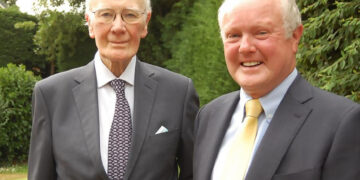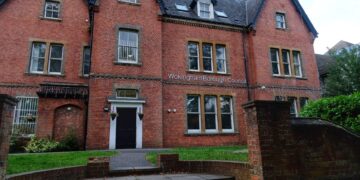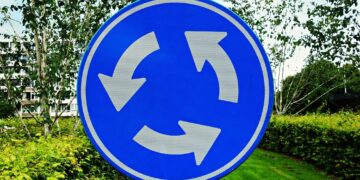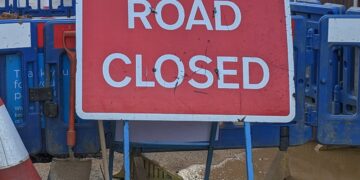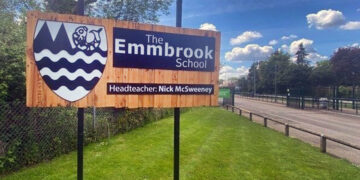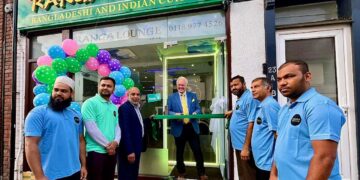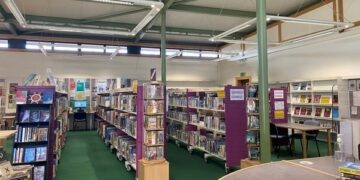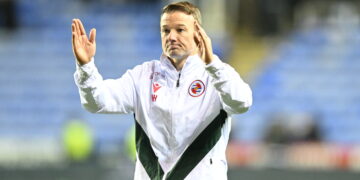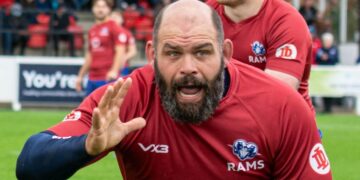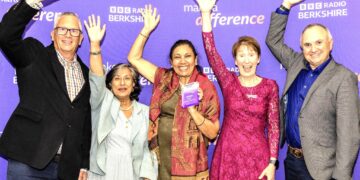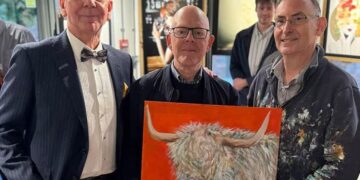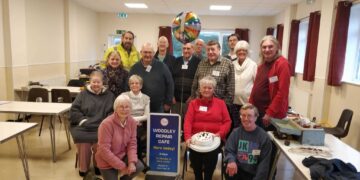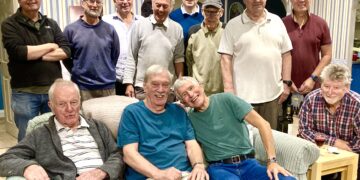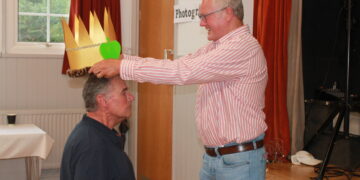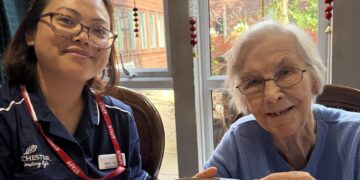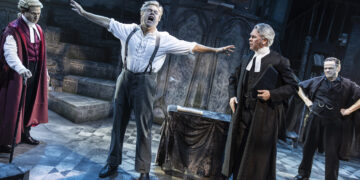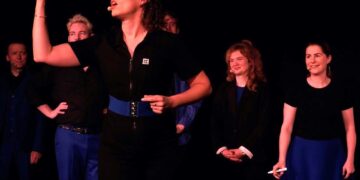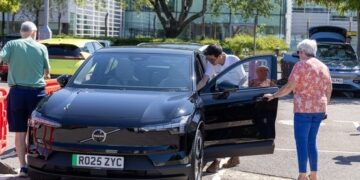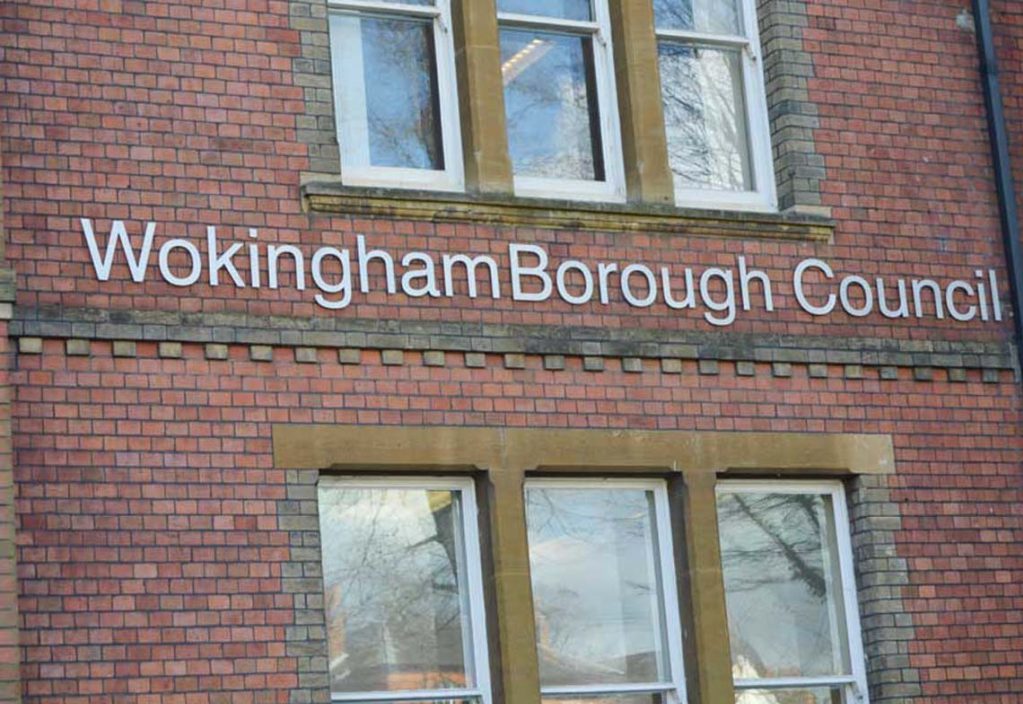ON THURSDAY evening, a cross-party working group is due to be formed to look at election changes in the borough.
At the moment, a third of council seats are elected every year, with the fourth year being a fallow one.
But a review by the Local Government Boundary Commission means alternative options could be adopted. These include switching to single member wards, and holding elections once every four years.
At the council meeting at 7pm, a vote will be held to set up the group, which will work to compile the necessary submission to the Local Government Boundary Commission for England.
The council will also be asked to approve a consultation into Wokingham borough’s election cycle.
Cllr Clive Jones, leader of the Wokingham Liberal Democrats, said if formed, the group would include three members from his party.
He predicts that the group may not agree on boundary changes, and said that he does not want the findings to be presented as a “unanimous” view.
Council leader John Halsall welcomes the possibility of a four-year cycle as it could bring Wokingham in line with other electoral systems such as Parliament, the Police and Crime Commissioner and parish councils.
Other unitary authorities, like Slough, are switching over to this system, he said.
And he was also looking at the potential cost savings caused by not having to pause council business during election campaigns and in the aftermath of the count, while administrations are put together.
“We shut the council for two months,” he said. “Every year, the purdah and election cycle lasts for five or six weeks, and then there is the period where we appoint a new council.”
He argues that while the council is unable to make decisions, it is costing money as the council is still functioning.
“There is a cost, and a pretty conservative estimate is that it costs £1 million,” he said. “If we can save that in these straightened times, that’s really, really worth going for.
“But another argument, which I think is a vital one, is that by continuing with the system of thirds, we will have council wards that are independent of communities. We have 17 towns and parishes in the borough which I’m sure would like to have borough councillors that represent their communities.
“But under thirds, they have to represent 10,000 people.”
He added: “We have a unique opportunity to actually improve democracy and improve representation of people, and reduce the amount of party politics; primarily, any councillor should not be a Liberal, or Labour, or a Conservative, they should be representing their residents.”
Whatever recommendation the consultation reveals will need to be approved by a two-thirds vote of the council.

